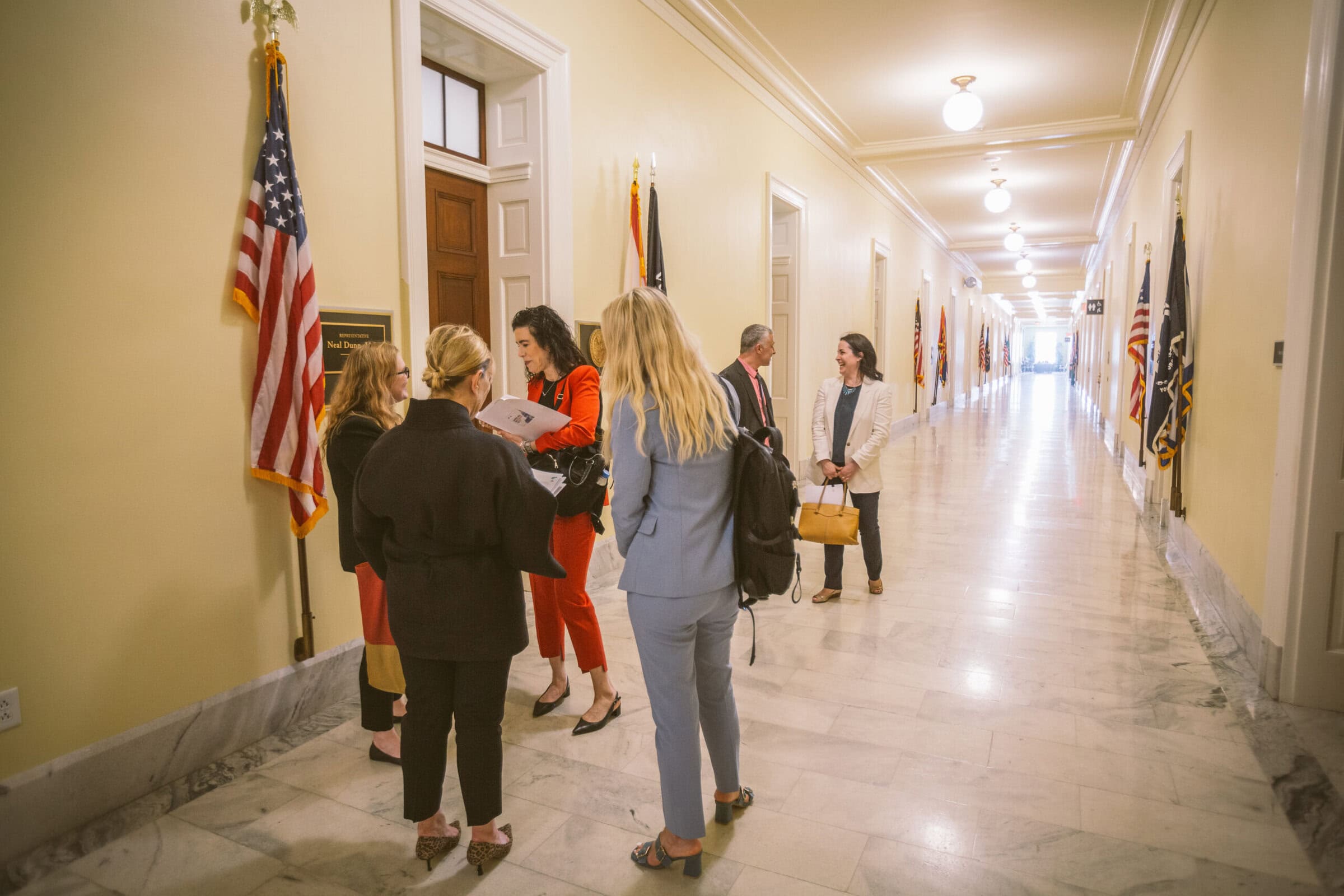Author
Amanda Anderson
VP, Government Relations
Topic
- Government Relations
- Labor
In February 2022, NY State Senator Andrew Gounardes (D-22) and Assembly Member Harry Bronson (D-138) introduced S8369, also nicknamed “Freelance Isn’t Free,” Act. The law establishes and enhances protections for freelance workers against wage theft, granting specific rights including:
- A written contract for any work
- Timely and full payment
- Protection from retaliation
If enacted, agencies utilizing NY-based talent should review their freelancer contracts and payment procedures to ensure they are in proper compliance.
The bill is intended to provide state support for freelancers to recoup unpaid wages. Clients would be legally barred from retaliating against a freelancer for pursuing payment. New York State would be responsible for investigating any claims of non-payment, retaliation, or contract violation, may try to collect on the freelancer’s behalf, providing court navigation services if necessary. The law establishes penalties for violations of freelancer rights, including statutory damages, double damages, injunctive relief, and attorney’s fees.
This new bill would build upon a 2017 New York City law which requires written contracts be given to any freelancer worker receiving more than $800 from a client. If enacted, S8369 would lower the threshold for eligibility, by protecting freelancers who are owed a minimum of $250 for their services statewide. It would also make the New York State Labor Department the regulatory agency for freelancers in the state, including New York City, where, currently, the Department of Consumer and Worker Protection oversees the protection of freelancers, but has no ability to pursue legal action against delinquent contract clients. As of August 2021, New York City has obtained $1.75 million in restitution for more than 555 workers under its law.
The proposed legislation has been applauded by freelancer groups including the Authors Guild and the National Writers Union. These groups see it as a major turning point in the development of protections for the gig economy’s growing independent workforce.
Freelancer wage theft appears to be somewhat of a pervasive problem. According to a 2019 study collaboration between Upwork and the Freelancers Union, 74% of freelancers have reported experiencing late or non-payment, 59% of freelancers report that they live “paycheck to paycheck,” and freelancers lose, on average, $5,968 a year to wage theft. Only 28% of freelancers say that they consistently have a written contract for work.
In August 2021, the Los Angeles City Council voted to explore putting a version of New York City’s “Freelance Isn’t Free” law in place in Los Angeles. To date, no other U.S. state or locality has enacted a similar law; however, we expect this type of law could pick up traction as worker-friendly policies seem to be creeping up in liberal state houses and city councils across the country.
Related Posts



12/17/2025

